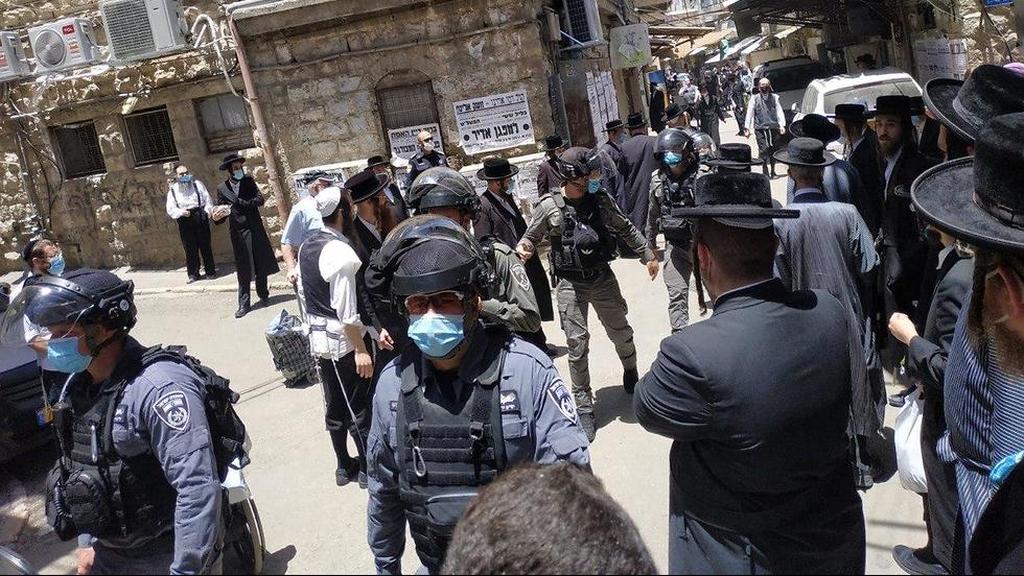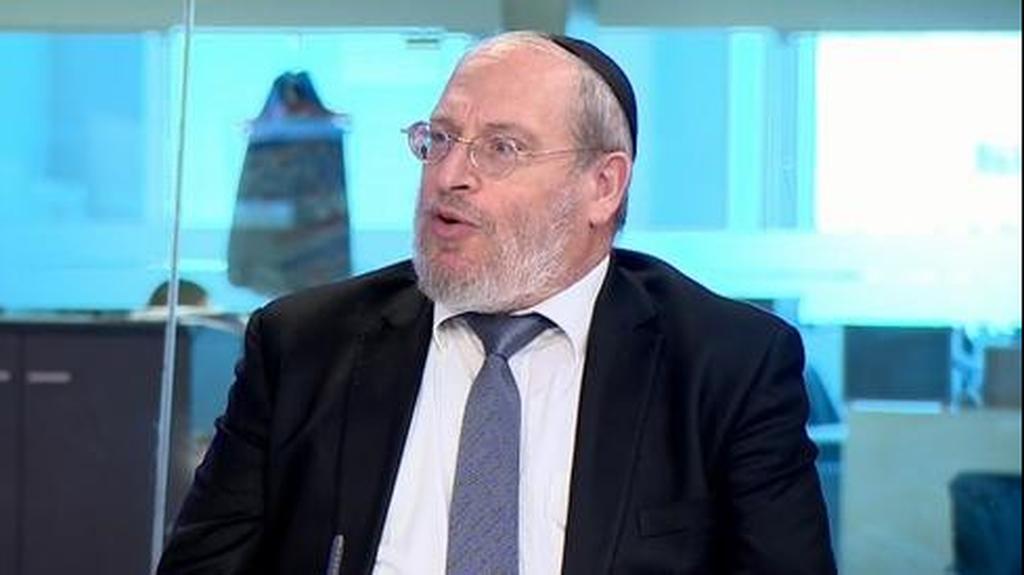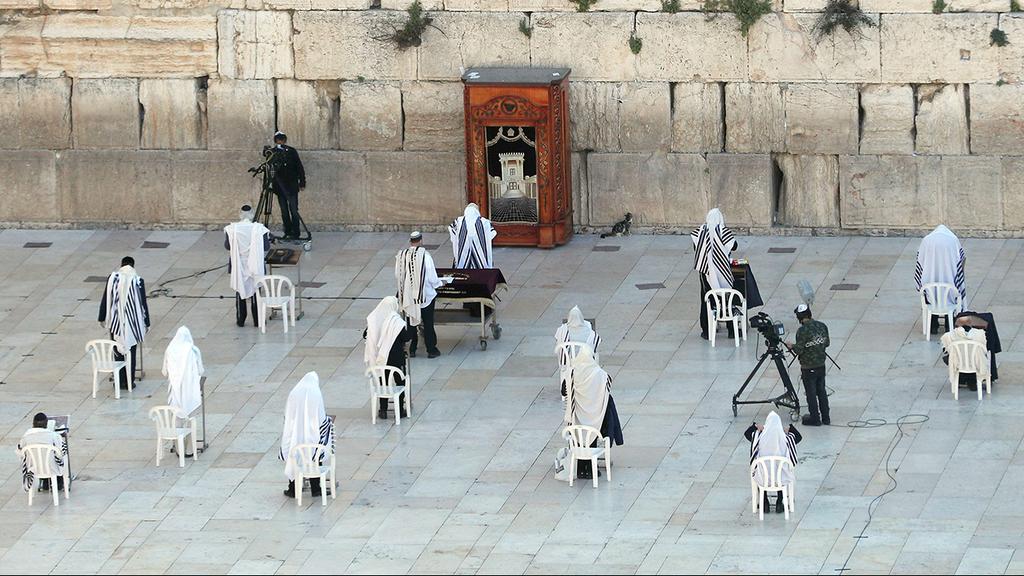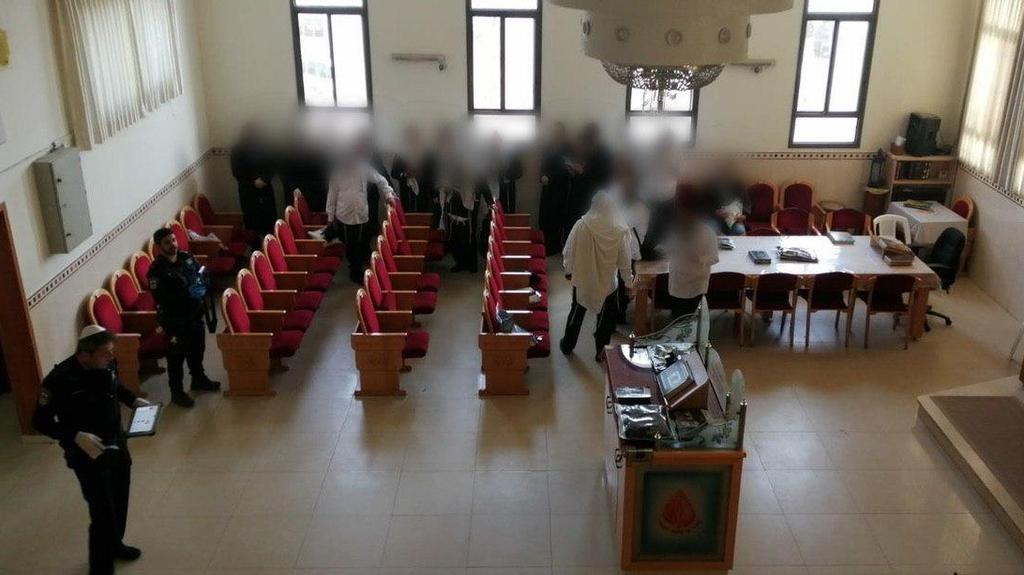Getting your Trinity Audio player ready...
Rabbis and other prominent figures in the ultra-Orthodox community on Monday called on the government to shutter synagogues once more to prevent a second wave of coronavirus from spreading within the community.
In an interview with the Ynet studio, Rabbi Shimon Ragovi, chairman of the Mazor organization - which offers medical counseling, guidance, and information – voiced a plea to close down houses of prayer to minimize virus fatalities.
"It's uncomfortable and unpleasant to pray outside in the summer, but it's more pleasant than going to a funeral,” Ragovi said. "Saving lives is more important than praying in a synagogue."
Most infections occur in closed spaces with masses of people together for a long time - this is precisely what happens in synagogues. When you go to a synagogue, you see that a large percentage of people there do not wear a mask properly, and it is also extremely hard to keep a distance of two meters.”
Ragovi adds that many synagogues are simply too small to accommodate worshipers according to social distancing regulations, while others lack proper ventilation.
Ragovi also stated that many struggle with wearing a face mask during prayers, which may also extend for hours.
The Mazor chairman also urged members of the ultra-Orthodox community to return to pray at home or in open places.
“I think it's a solution that has its share of discomfort, all the more during the summer heat. I did it myself in my own private yard. We had a proper Minyan (quorum of ten men required for public prayer service) according to all the rules. It's fine and you can pray like that. I believe reason must prevail in the end.”
4 View gallery


Police forces dispersing ultra-Orthodox crowd in Jerusalem neighborhood of Mea She'arim during coronavirus outbreak
The austere community was late in identifying the danger of the virus during the first coronavirus outbreak back in March.
In mere weeks, it became clear that public prayer groups posed a major contagion risk, and areas with high ultra-Orthodox concentrations throughout the nation became virus hotspots.
As a result, there was a change in trend in the crowded and closed ultra-Orthodox community, which became extremely obedient (excluding a few extremist factions) - until restrictions were lifted.




